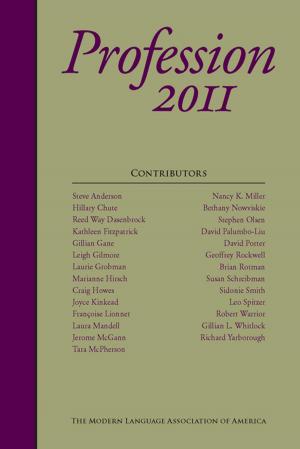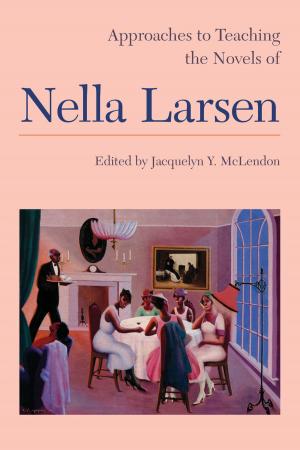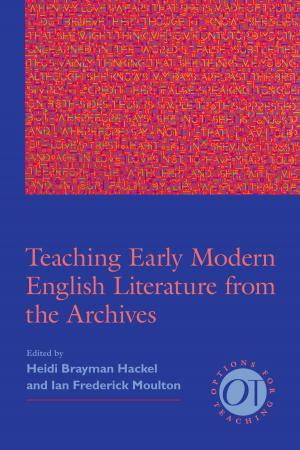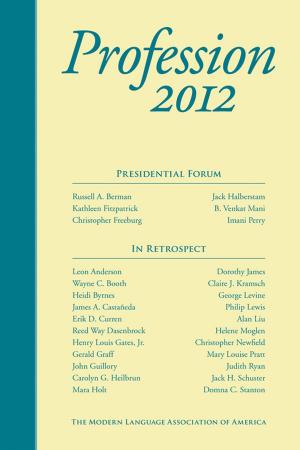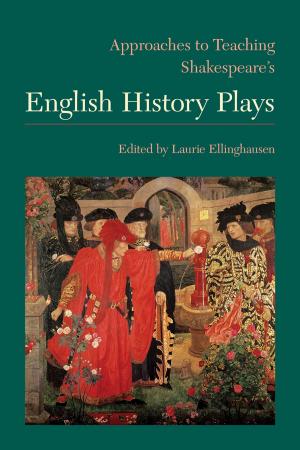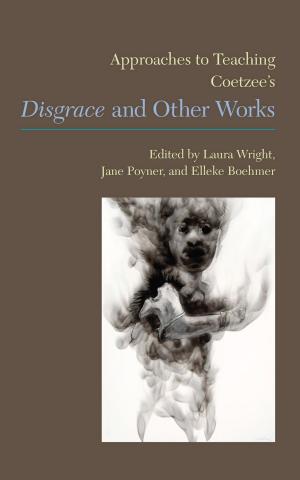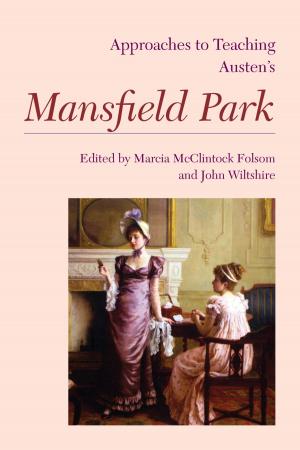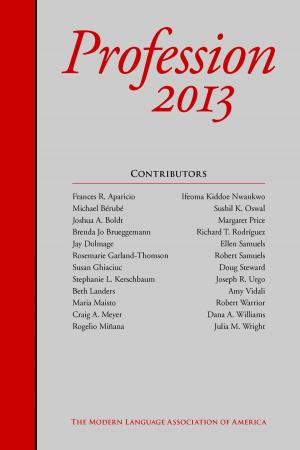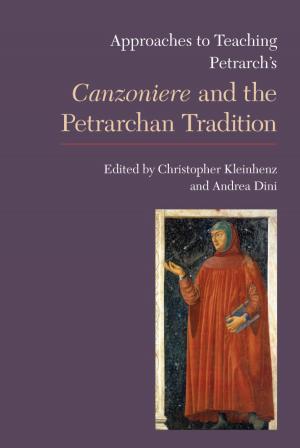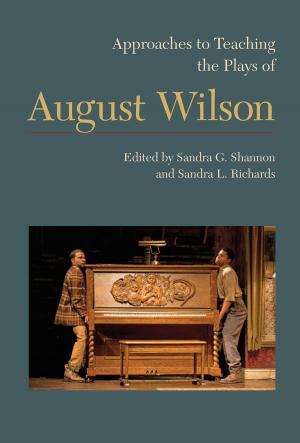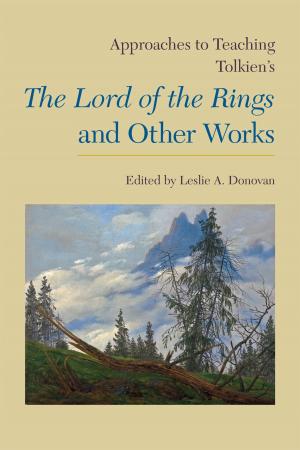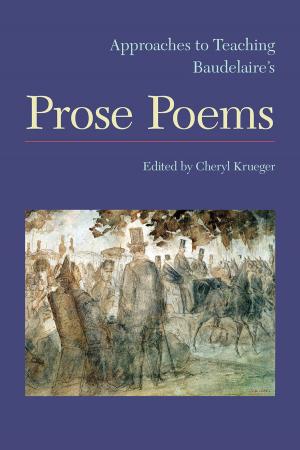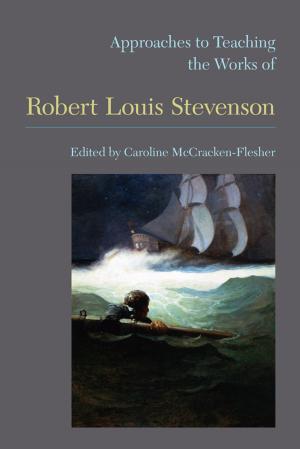Literature as Exploration
Nonfiction, Reference & Language, Language Arts, Study & Teaching, Fiction & Literature, Literary Theory & Criticism, Theory| Author: | Louise M. Rosenblatt, Wayne Booth | ISBN: | 9781603292375 |
| Publisher: | The Modern Language Association of America | Publication: | August 1, 2016 |
| Imprint: | The Modern Language Association of America | Language: | English |
| Author: | Louise M. Rosenblatt, Wayne Booth |
| ISBN: | 9781603292375 |
| Publisher: | The Modern Language Association of America |
| Publication: | August 1, 2016 |
| Imprint: | The Modern Language Association of America |
| Language: | English |
Louise Rosenblatt's Literature as Exploration has influenced literary theorists and teachers of literature at all levels. This attractive trade paperback edition features a new foreword by Wayne Booth, a new preface and retrospective chapter by the author, and an updated list of suggested readings.
In Literature as Exploration, Rosenblatt presents her unique theory of literature and focuses on the immense, often untapped, potential for the study and teaching of literature in a democratic society. The author's philosophy of literature is frequently cited as the first presentation of reader-response theory, but she differs from her successors in emphasizing both the reader and the text. Her "transactional" theory of literature examines the reciprocal nature of the literary experience and explains why meaning is neither "in" the text nor "in" the reader. Each reading is "a particular event involving a particular reader and a particular text under particular circumstances." And teachers of literature, Rosenblatt argues, play a pivotal role in influencing how students perform in response to a text.
Louise Rosenblatt's Literature as Exploration has influenced literary theorists and teachers of literature at all levels. This attractive trade paperback edition features a new foreword by Wayne Booth, a new preface and retrospective chapter by the author, and an updated list of suggested readings.
In Literature as Exploration, Rosenblatt presents her unique theory of literature and focuses on the immense, often untapped, potential for the study and teaching of literature in a democratic society. The author's philosophy of literature is frequently cited as the first presentation of reader-response theory, but she differs from her successors in emphasizing both the reader and the text. Her "transactional" theory of literature examines the reciprocal nature of the literary experience and explains why meaning is neither "in" the text nor "in" the reader. Each reading is "a particular event involving a particular reader and a particular text under particular circumstances." And teachers of literature, Rosenblatt argues, play a pivotal role in influencing how students perform in response to a text.

